WALL OF TEXT
The North American Aviation P-51 Mustang is an American long-range, single-seat fighter and fighter-bomber used during World War II, the Korean War and other conflicts. The Mustang was designed in 1940 by North American Aviation (NAA) in response to a requirement of the British Purchasing Commission for license-built Curtiss P-40 fighters. The prototype NA-73X airframe was rolled out on 9 September 1940, 102 days after the contract was signed and first flew on 26 October. The Mustang was originally designed to use the Allison V-1710 engine, which, in its earlier variants, had limited high-altitude performance. It was first flown operationally by the Royal Air Force (RAF) as a tactical-reconnaissance aircraft and fighter-bomber (Mustang Mk I). The addition of the Rolls-Royce Merlin to the P-51B/C model transformed the Mustang's performance at altitudes above 15,000 ft, matching or bettering that of the Luftwaffe's fighters. The definitive version, the P-51D, was powered by the Packard V-1650-7, a license-built version of the Rolls-Royce Merlin 66 two-stage two-speed supercharged engine, and was armed with six .50 caliber (12.7 mm) M2/AN Browning machine guns. From late 1943, P-51Bs (supplemented by P-51Ds from mid-1944) were used by the USAAF's Eighth Air Force to escort bombers in raids over Germany, while the RAF's 2 TAF and the USAAF's Ninth Air Force used the Merlin-powered Mustangs as fighter-bombers, roles in which the Mustang helped ensure Allied air superiority in 1944. The P-51 was also used by Allied air forces in the North African, Mediterranean and Italian theaters, and also served against the Japanese in the Pacific War. During World War II, Mustang pilots claimed 4,950 enemy aircraft shot down. At the start of the Korean War, the Mustang was the main fighter of the United Nations until jet fighters such as the F-86 took over this role; the Mustang then became a specialized fighter-bomber.
Specifications
General Characteristics
- Successors 1 airplane(s) +133 bonus
- Created On Windows
- Wingspan 36.2ft (11.0m)
- Length 32.2ft (9.8m)
- Height 12.6ft (3.8m)
- Empty Weight 7,619lbs (3,456kg)
- Loaded Weight 9,186lbs (4,166kg)
Performance
- Horse Power/Weight Ratio 0.163
- Wing Loading 31.9lbs/ft2 (156.0kg/m2)
- Wing Area 287.5ft2 (26.7m2)
- Drag Points 3211
Parts
- Number of Parts 90
- Control Surfaces 6
- Performance Cost 384

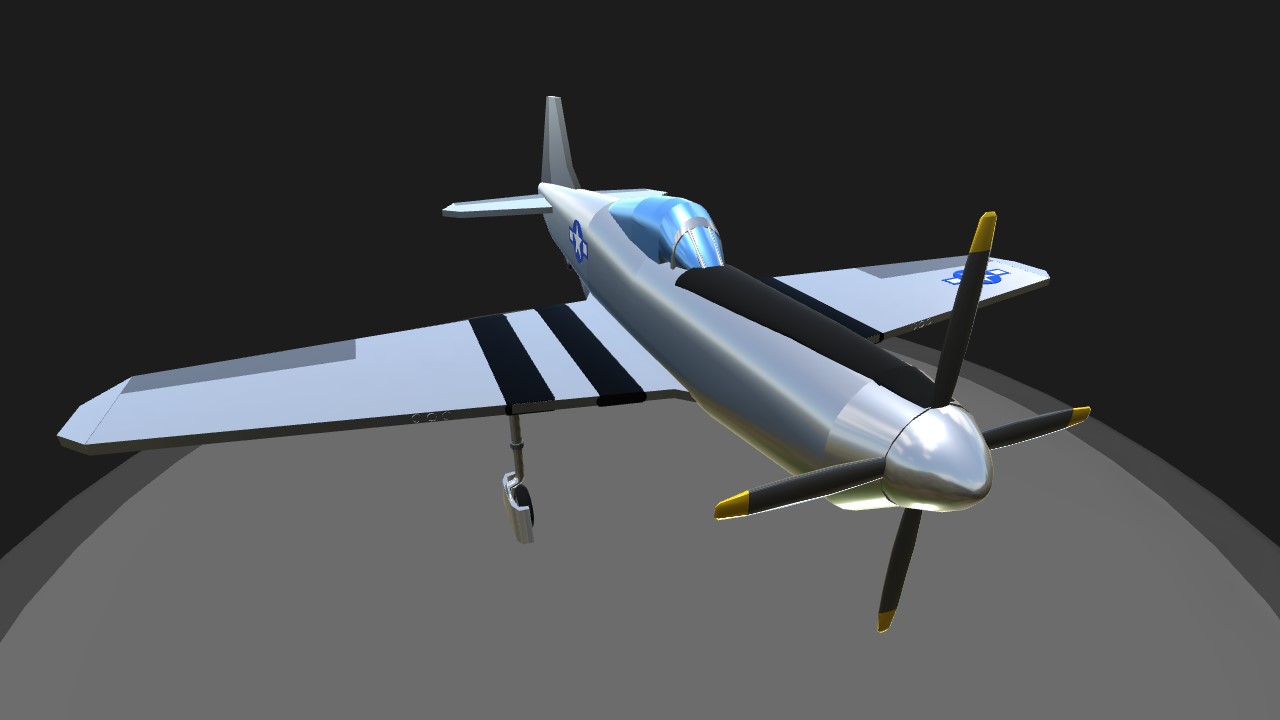
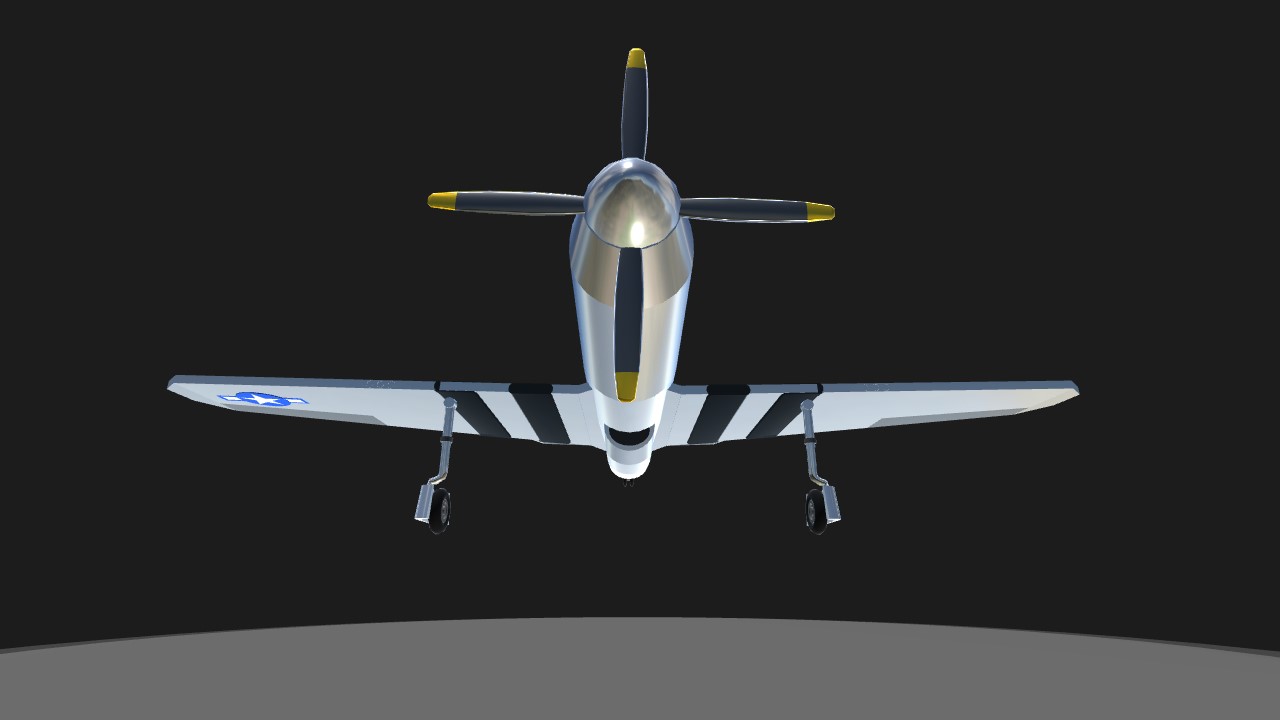
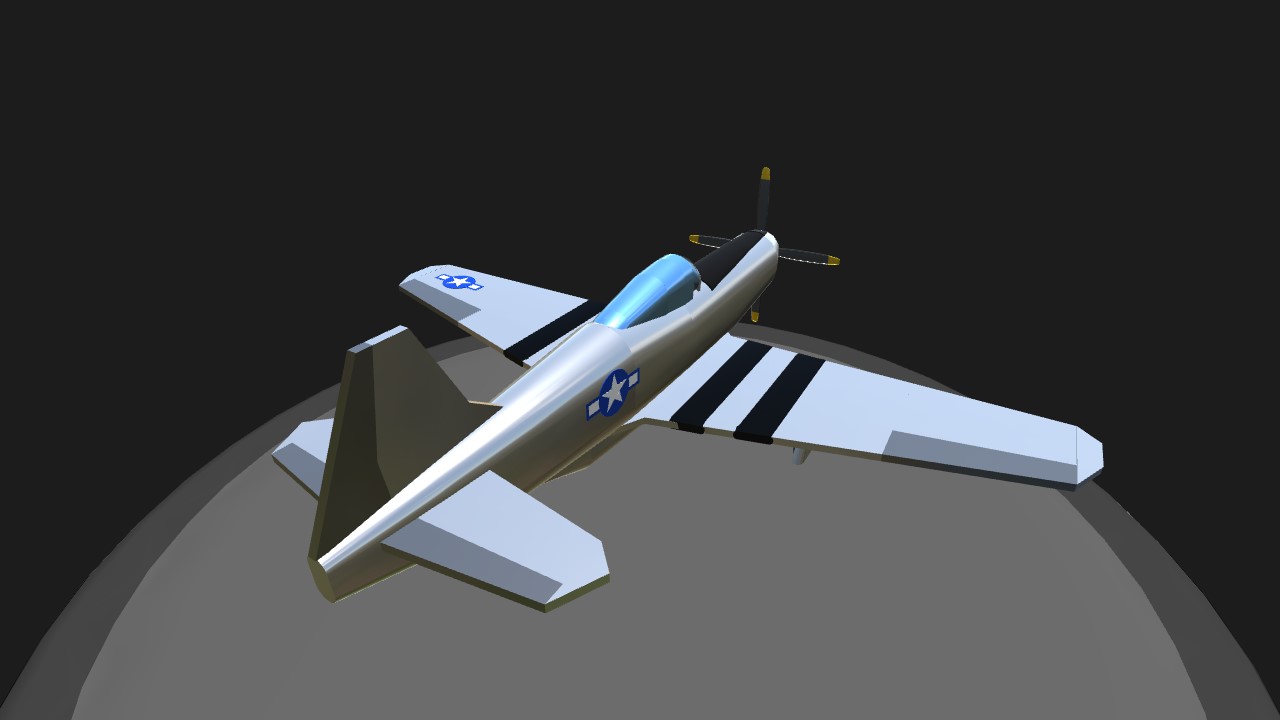
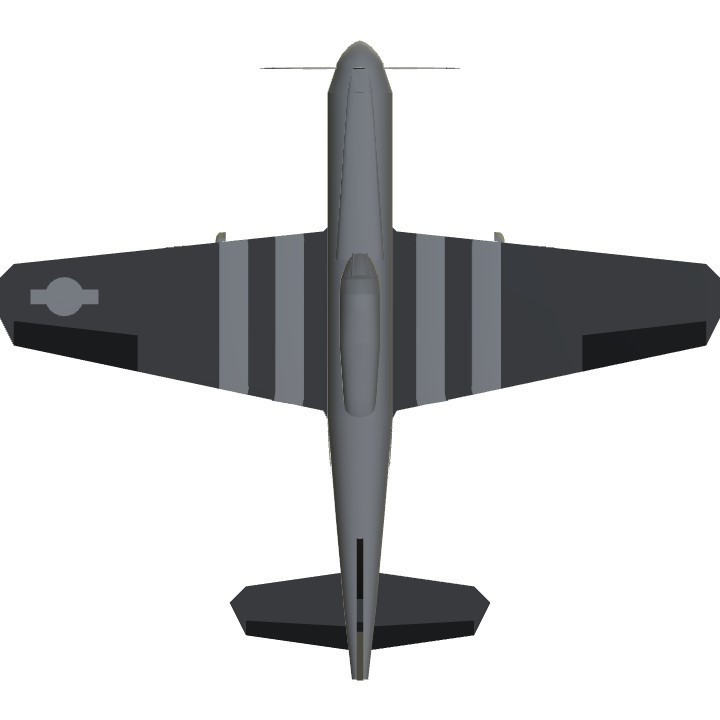
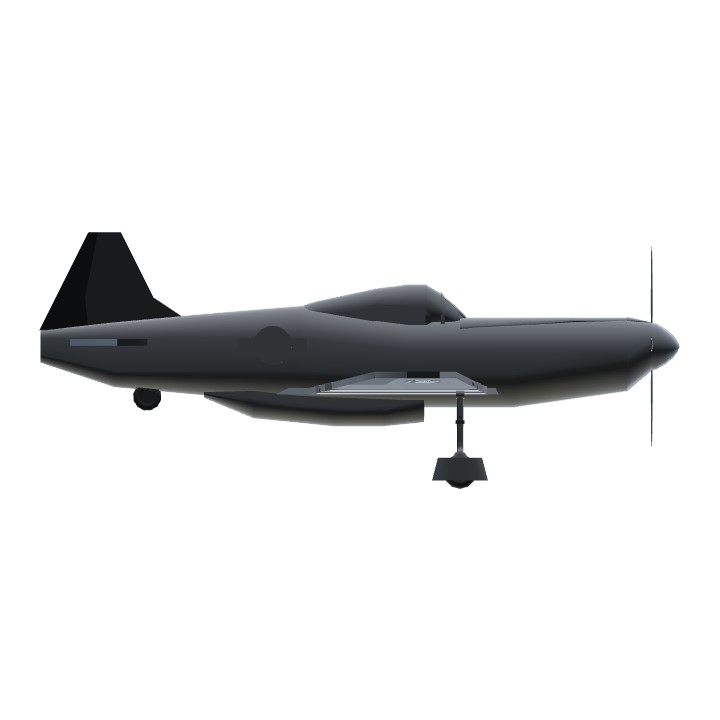
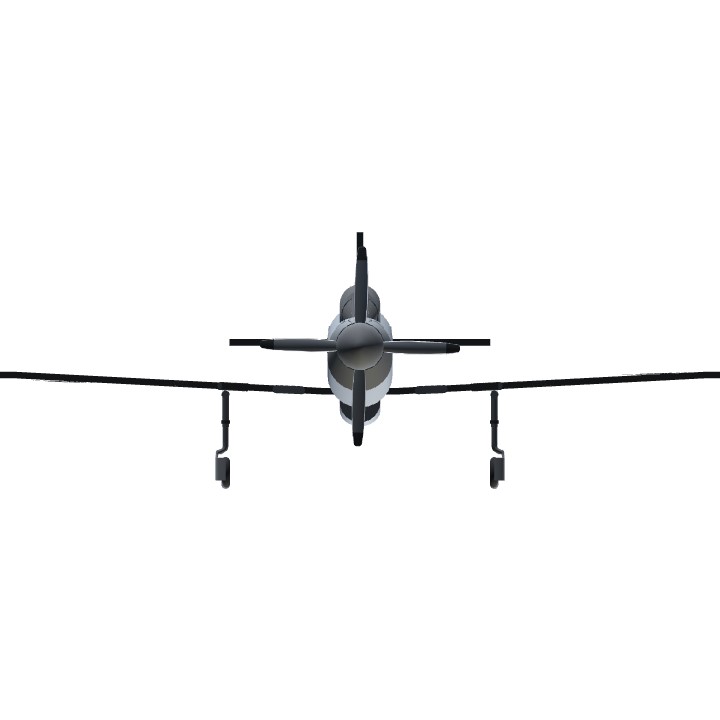
Great plane! Made a mustang too. She's ready to kick some @$$!!!
@BoxGlow I'll start right away, I've been low on ideas lately.
EDIT: Unfortunately it will have over 7 wings for the sake of looking accurate
@IStoleYourMeme below 150 parts. ideally, I'd also ask you to only use 7 wings too but you dont have to. You can build it however you want and I'll just edit it to make it AI friendly.
.
I'm planning to create a prop only branch of AI controlled WW2 era planes.
@BoxGlow Define "low"
can I request a low part count Supermarine Spitfire next? @IStoleYourMeme
Noice
YAY! a good looking p51 that could become AI friendly!
@IStoleYourMeme You're clearly more seasoned than I am at this, but from what I've seen I don't think any plane that small won't have that "rubber band" effect while cornering. For the size it's actually quite controllable once you get used to slower inputs compared to other planes I've flown.
@Liquidfox @LatteFun Thanks for the feedback, for some reason energy retention is always screwy
So nimble! Once you get used to the input sensitivity this is one sweet little plane. Loved it!
@General360 Thanks a lot!